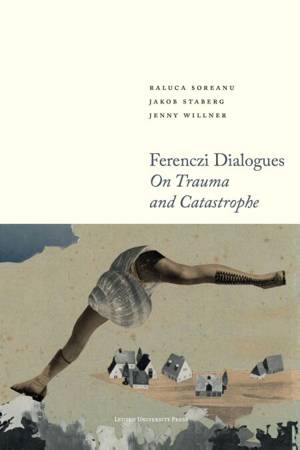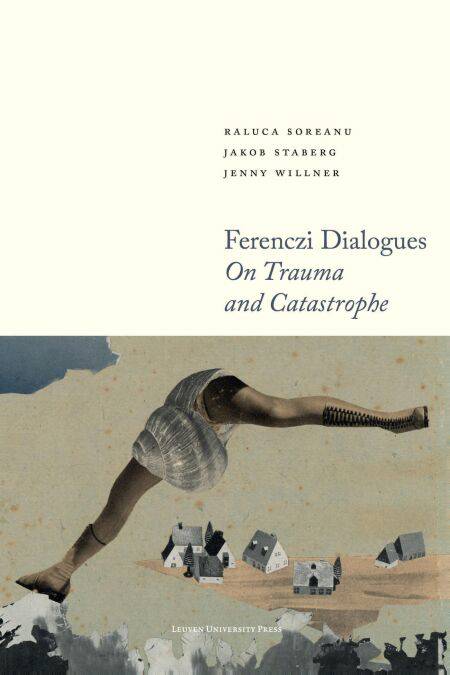
- Retrait gratuit dans votre magasin Club
- 7.000.000 titres dans notre catalogue
- Payer en toute sécurité
- Toujours un magasin près de chez vous
- Retrait gratuit dans votre magasin Club
- 7.000.0000 titres dans notre catalogue
- Payer en toute sécurité
- Toujours un magasin près de chez vous
42,00 €
+ 42 points
Description
Contemporary reading of Sándor Ferenczi’s trauma theory
Ferenczi Dialogues presents the contribution of Sándor Ferenczi to a psychoanalytic theory of trauma and discusses the philosophical, political and clinical implications of Ferenczi's thinking. To a far greater extent than Freud, Sándor Ferenczi centered his psychoanalytic thought around trauma.
Ferenczi's work pluralizes the notion of catastrophe, as being both destructive and a turning point. This book addresses Ferenczi's work in terms of thinking in times of crises, by considering contemporary situations in constellation with various scenes from the past: the outbreak of the First World War, the crisis of psychoanalysis as an institution, the disastrous final encounter between Ferenczi and Freud, the rise of Fascism and National Socialism, and the impending exile of the founding members of the psychoanalytic movement. Against this backdrop, the authors show how Ferenczi's late work outlines a new metapsychology of fragments. Ferenczi Dialogues situates the legacy of Ferenczi within the broad interdisciplinary landscape of the social sciences, literary theory, psychoanalytic theory, and clinical practice, and highlights Ferenczi's relevance for contemporary philosophical discussions in poststructuralism, feminism and new materialism.
Ferenczi Dialogues presents the contribution of Sándor Ferenczi to a psychoanalytic theory of trauma and discusses the philosophical, political and clinical implications of Ferenczi's thinking. To a far greater extent than Freud, Sándor Ferenczi centered his psychoanalytic thought around trauma.
Ferenczi's work pluralizes the notion of catastrophe, as being both destructive and a turning point. This book addresses Ferenczi's work in terms of thinking in times of crises, by considering contemporary situations in constellation with various scenes from the past: the outbreak of the First World War, the crisis of psychoanalysis as an institution, the disastrous final encounter between Ferenczi and Freud, the rise of Fascism and National Socialism, and the impending exile of the founding members of the psychoanalytic movement. Against this backdrop, the authors show how Ferenczi's late work outlines a new metapsychology of fragments. Ferenczi Dialogues situates the legacy of Ferenczi within the broad interdisciplinary landscape of the social sciences, literary theory, psychoanalytic theory, and clinical practice, and highlights Ferenczi's relevance for contemporary philosophical discussions in poststructuralism, feminism and new materialism.
Spécifications
Parties prenantes
- Auteur(s) :
- Editeur:
Contenu
- Nombre de pages :
- 256
- Langue:
- Anglais
- Collection :
Caractéristiques
- EAN:
- 9789461664860
- Date de parution :
- 01-10-23
- Format:
- Ebook
- Protection digitale:
- /
- Format numérique:

Les avis
Nous publions uniquement les avis qui respectent les conditions requises. Consultez nos conditions pour les avis.






